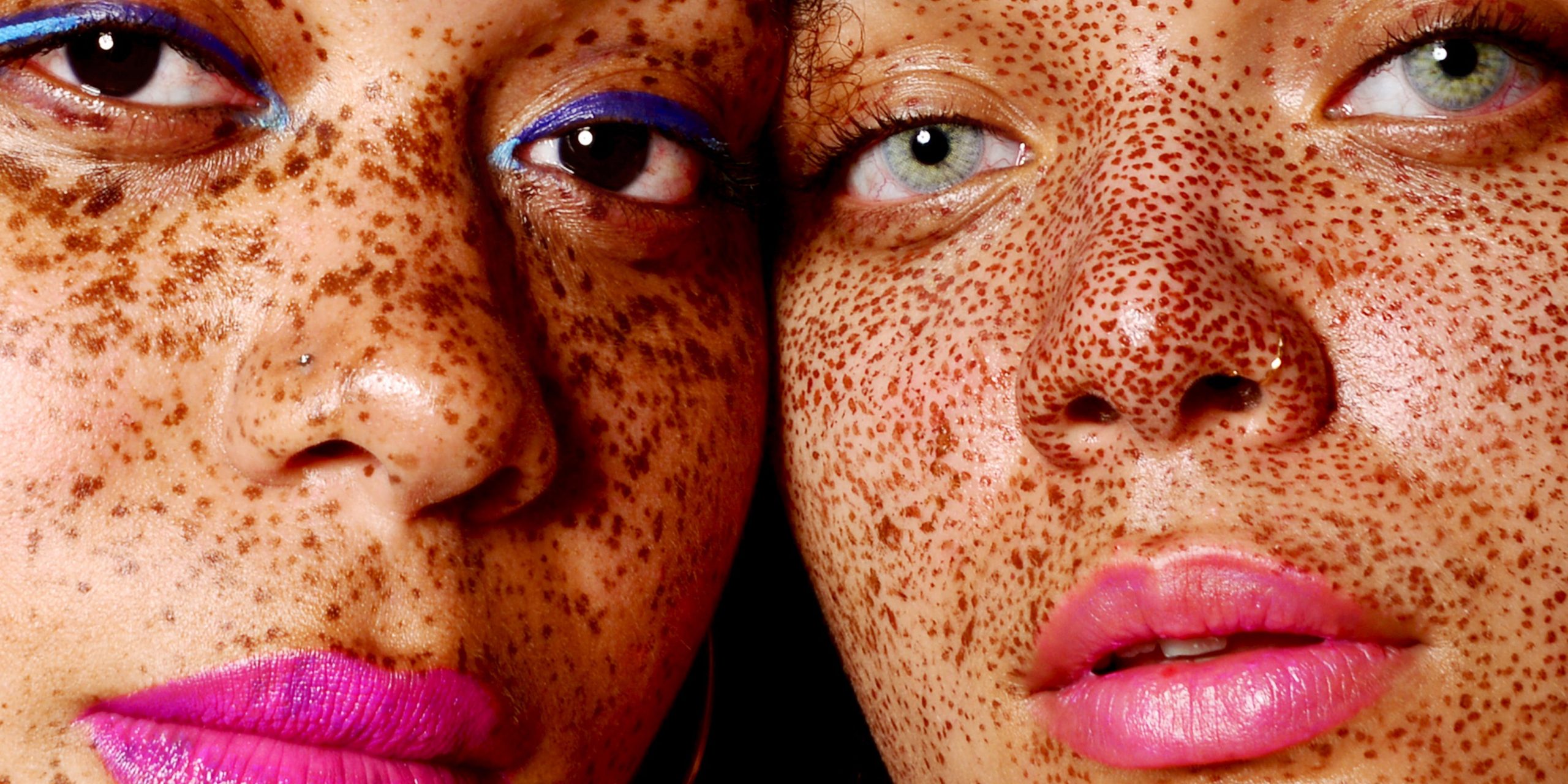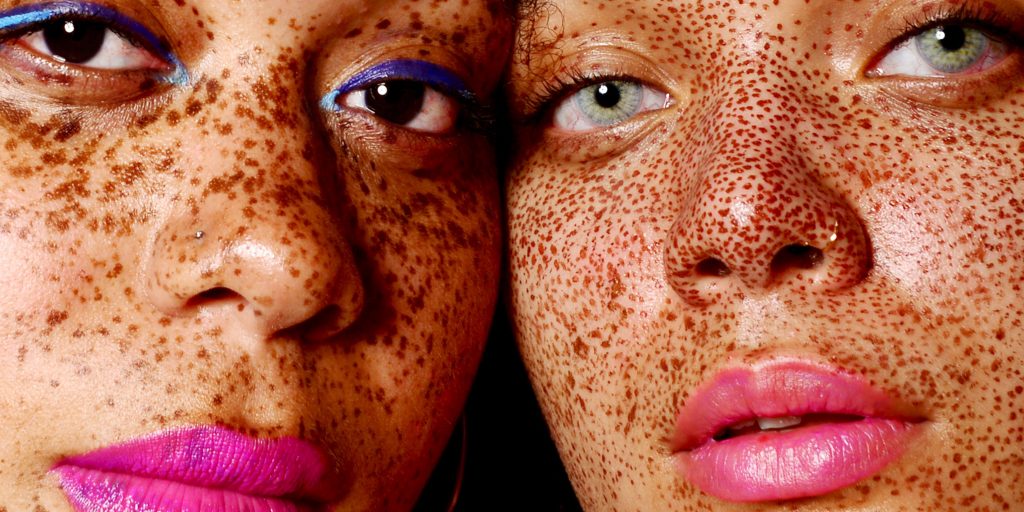
Rochelle Brock / Refinery29 for Getty Images
- Melanin is a natural pigment in your body that protects you from UV damage from the sun.
- People with darker skin tend to have more melanin and are therefore at a lower risk of sun damage.
- The only way to boost melanin production is to expose your skin to UV rays, which comes with risks.
- Visit Insider's Health Reference library for more advice.
Melanin is a natural pigment in the human body that gives hair, skin, and eyes their color. It also protects the skin from the sun's damaging ultraviolet (UV) rays, which can cause premature skin aging and skin cancer.
"Melanin is what makes skin appear to be a particular color, whether white, tan, brown, or dark brown to black. Almost everyone has melanin," says Christine Ko, MD, dermatologist at Yale Medicine and professor of dermatology and pathology at the Yale School of Medicine.
If your body makes too little melanin, you become more susceptible to skin damage. However, there is no proven way to increase melanin production.
Here's what you need to know about the different types of melanin and how it benefits the body.
Types of melanin
Melanin comes in three different forms, which include:
- Eumelanin, the pigment responsible for dark tones, is further divided into two types: black and brown. A mix of black and brown eumelanin results in black to brown hair, and having a small amount of brown eumelanin without black eumelanin leads to blonde hair. When it comes to skin tone, people living near the equator generally have darker skin because they tend to develop greater amounts of eumelanin.
- Pheomelanin is the pigment associated with red and yellow hues. Red hair results from having equal amounts of eumelanin and pheomelanin, and strawberry blonde hair occurs when both pheomelanin and brown eumelanin are present. Pheomelanin is also responsible for the pinkish areas of the body such as the lips, nipples, and genitals.
- Neuromelanin is the form of melanin that is present in the brain. It is a dark brown pigment that gives color to neurons, but it doesn't provide color for human features.
Benefits of melanin
Melanin protects the skin by absorbing UV rays from the sun, which damages or kills skin cells and, in cases of repeated intense exposure, can eventually cause skin cancer.
"Melanin can actually form little caps or 'umbrellas' of protective pigment right above nuclei, the cellular structure that contains DNA. This is important as ultraviolet light is known to cause cancer through a special kind of DNA damage," says Ko.
In general, having lighter skin is the strongest risk factor for skin cancer, according to the American Cancer Society. White people have the highest risk of developing melanoma (a type of skin cancer), followed by American Indians and Alaska Natives, Hispanics, Asians and Pacific Islanders, and Blacks.
The only group who may be more susceptible than Caucasians are people with albinism, a genetic condition where there is little to no production of melanin. People with albinism are a thousand times more likely to develop skin cancer compared with the general African population. "The protective role of melanin becomes obvious through these individuals, who have an increased risk of skin cancer," says Ko.
Further studies are needed to confirm whether vitiligo, a disease where melanocytes die or stop producing melanin, can also increase skin cancer risk.
How to increase melanin production
There is no approved medicine, pill, or procedure that can increase melanin production, says Ko.
The only way to increase melanin production is through UV exposure from the sun or indoor tanning beds. However, this does not safely boost melanin and will only increase your risk of skin cancer.
Moreover, so-called tanning pills that claim to darken the skin are not recommended by the Food and Drug Administration either.
Vitamins play an important role in maintaining skin health. For instance, having a diet rich in vitamins C and E can help protect the skin from sun damage. However, no studies prove that increasing the intake of vitamins with foods or supplements directly boosts melanin production.
Insider's takeaway
Melanin is a pigment in the body that gives color to the hair, skin, and eyes. It also blocks ultraviolet rays from the sun, protecting the skin from sun damage.
People with very little melanin are more susceptible to skin cancer, but there is no science-backed method to safely increase melanin production in the body.
"The darker one's skin is, the greater the chance of having lighter or darker spots form as a consequence of any skin condition like acne or eczema. The lighter one's skin is, the less chances of that happening," says Ko.
